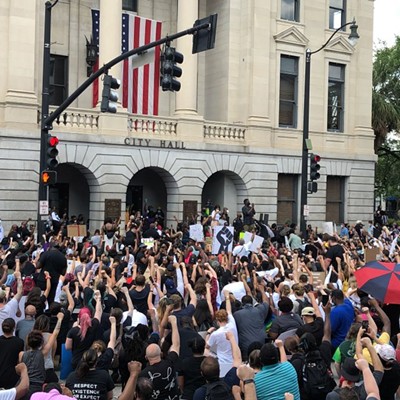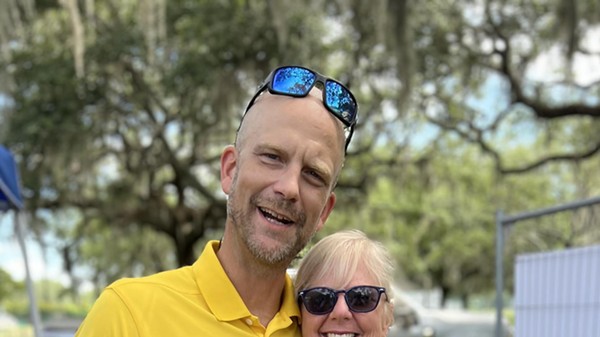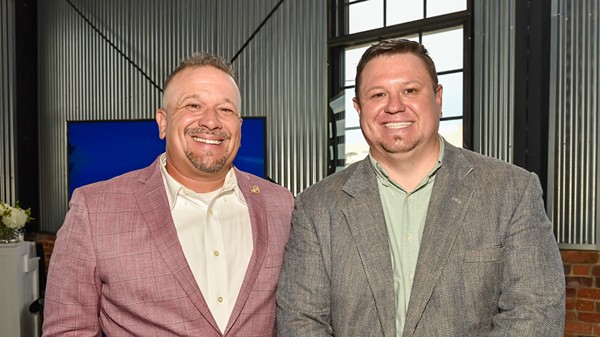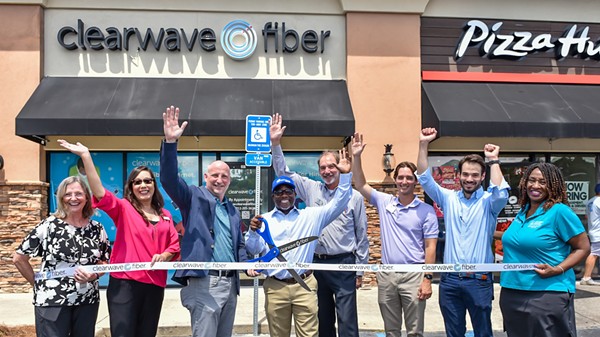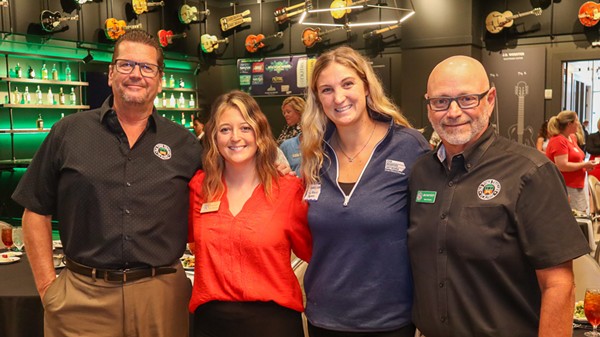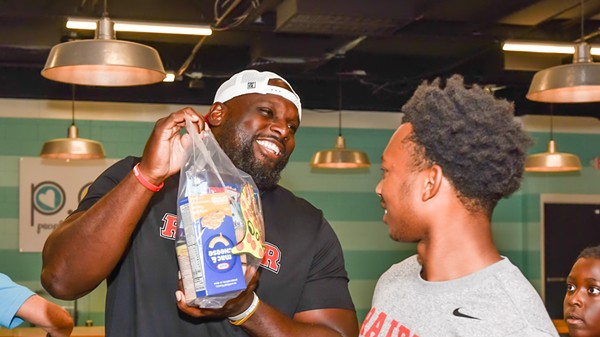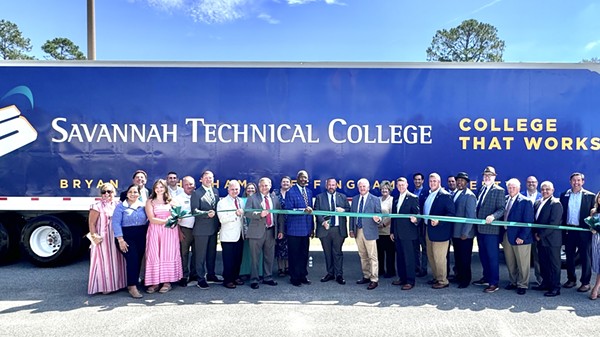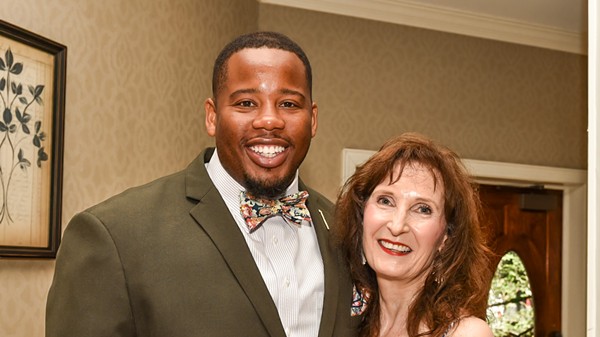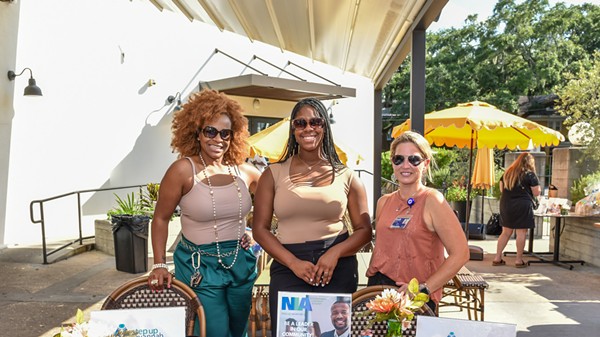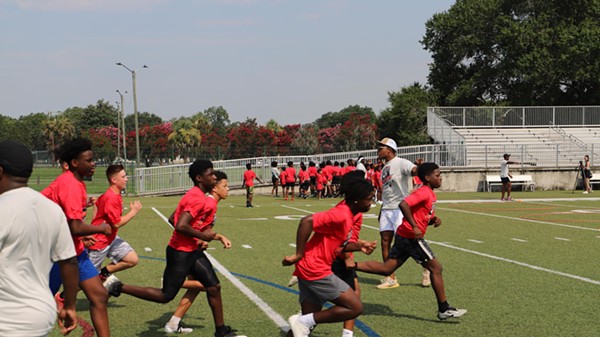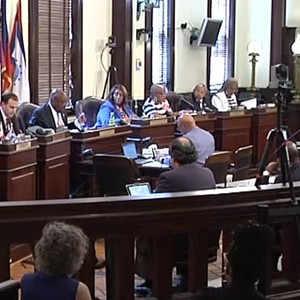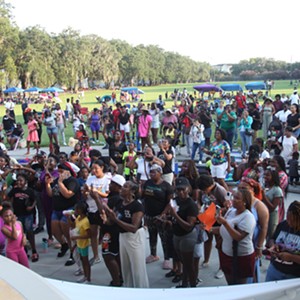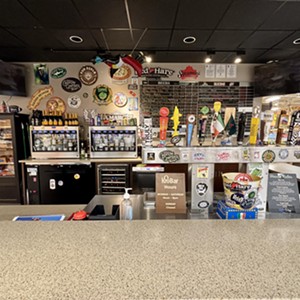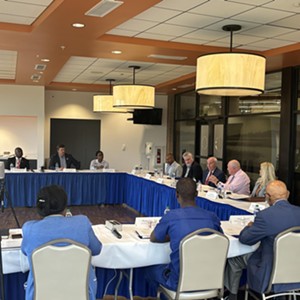IN A SENSE, slavery is not dead. The dirty little secret in the state of Georgia, and even here in posh little Savannah, is the fact that human trafficking is alive.
Georgia has the seventh highest rate of human trafficking at 3.49 per 100,000. Even more astounding is the fact that according to some estimates, there are more human slaves in the world today than any time in our history (www.factretriever.com/human-trafficking-facts).
Make no mistake, human trafficking is modern day enslavement, whether by sexual exchanges, forced labor, organ removal or many other deviant activities.
The victims, mostly children, who are shuffled from one activity to the next, produce up to $150 billion per year on the global market.
The hotspot in Georgia is Atlanta, but with the idea of casino gambling coming to Savannah, the possibility of this kind of activity growing exponentially here could be on the horizon if we let it happen.
During a Super Bowl celebration a few years ago in Phoenix, AZ, the United States Institute Against Human Trafficking (USIAHT) reported a boy as young as 10 was sold to men for sex. The average age of victims is 11-14.
The recent news reports of Jeffrey Epstein and his evil cohorts brings to light how deep this sickening problem has permeated our culture in America, even at the highest levels of government.
Fortunately, there are a dedicated number of individuals, organizations and politicians who have made it their mission to find any way possible to stop this scourge.
The group Savannah Working Against Human Trafficking, Inc. (SWAHT) was formed in 2008 under the Zonta Club of Savannah, and they became incorporated in 2009. Their mission is to:
• Be a forum leader to develop a strategy to eradicate human trafficking and aid victims
• Promote awareness
• Educate the community on how to identify and report human trafficking
• Establish a network to combat human trafficking
During the recent annual Traffick Jam held at Savannah State University, hundreds of law enforcement officials were trained on how to identify human trafficking and how to deal with various situations to provide immediate aid, to build the best case for prosecution, and to communicate information.
This type of training is essential as they are the first responders who will encounter a young person in trouble.
Local hotels are helping as well by displaying posters in public restrooms which have the Human Traffick Hotline number (888-373-7888). It is hoped a victim will attempt to make a call or use a simplified text (233733) to call for help.
Sadly, according to Dosomething.org, only .04% of human trafficking victims are ever identified. When parents are pimping out their own children, it seems beyond comprehension that this could even be happening, but it is.
Another source for this illicit activity comes from the often under-regulated and underfunded Foster Care system. This statement is not to discredit the monumental sacrifices many dedicated individuals make to bring warm, safe and happy homes to neglected children.
The service of these people can never be acknowledged enough, but the good work is being stained by a small percentage of individuals who use the system to gain personal profit through forced labor and farming out of the youth for sex.
Advocates for the Foster Care system are crying out for help, but due to COVID-19 the response from those in power has been not enough. These abandoned children are being exploited.
Chatham County has one of the highest numbers of foster children in the state, yet it gets the least amount of dollars to service them. There are anecdotal stories of children having to temporarily sleep in the offices of the Department of Family and Children Services (DFCS) because of the lack of placement opportunities.
The same children are hindered from being registered in public school due to bureaucratic “Catch 22” situations which takes away a safety net as teachers are trained to identify potential abuse issues.
The end result for some youth is to take the option of becoming a juvenile offender for the ability to get three meals a day and a dry place to sleep. Once entrenched in this cycle, the recidivism rate is predictable.
As a community, we must open our collective eyes and ears to bring about change. Like abolitionists of the past, it is our duty to provide a safe haven for our youth to let them know good caring people are there to protect them, and there is not a price tag attached for the effort.





